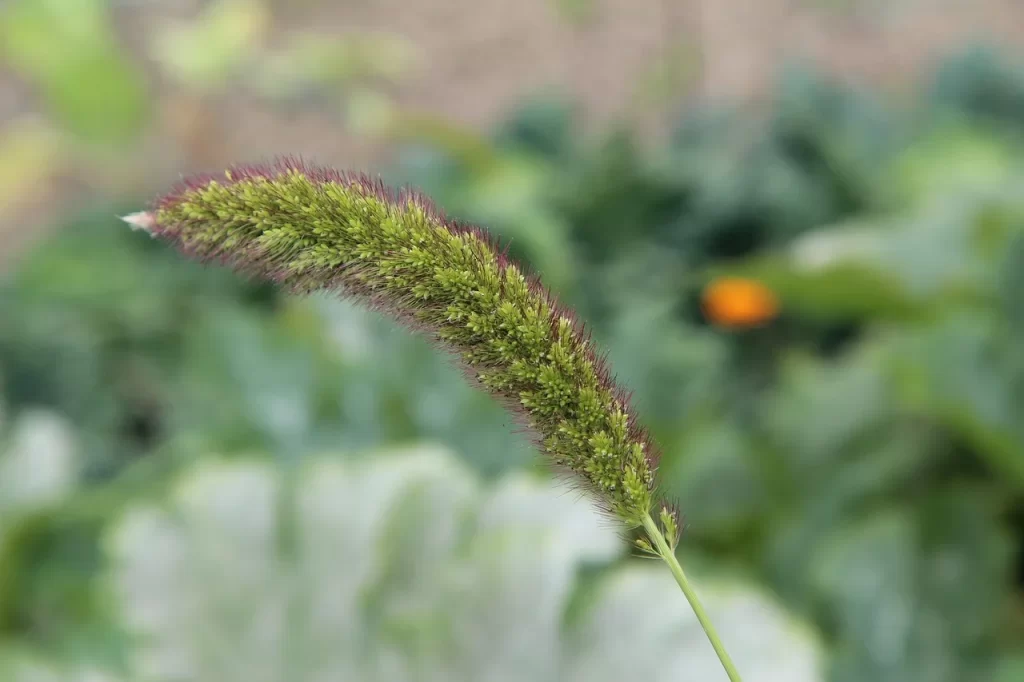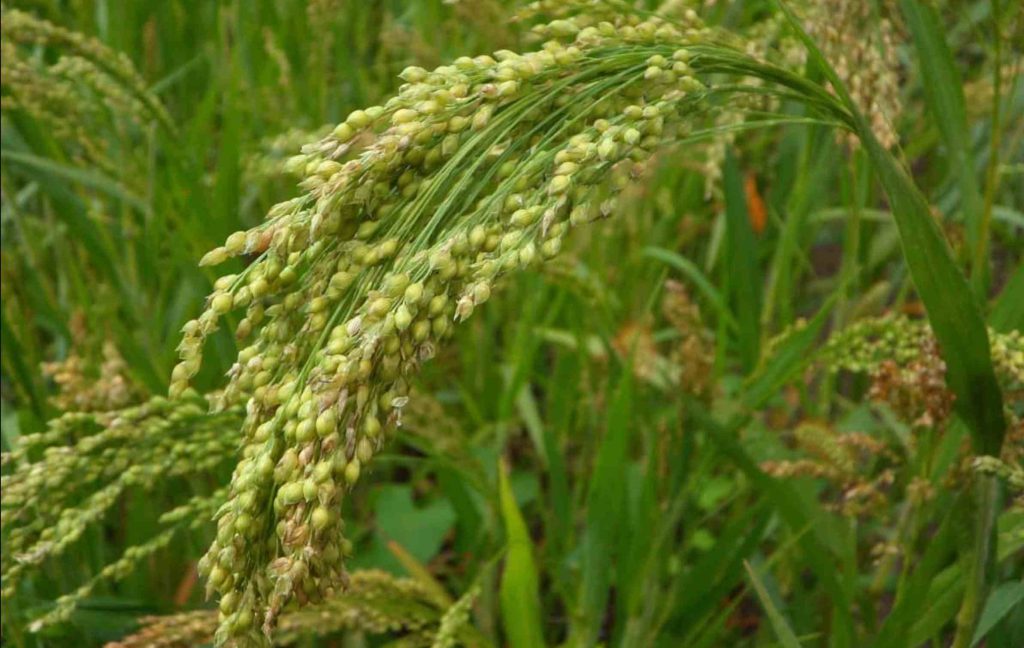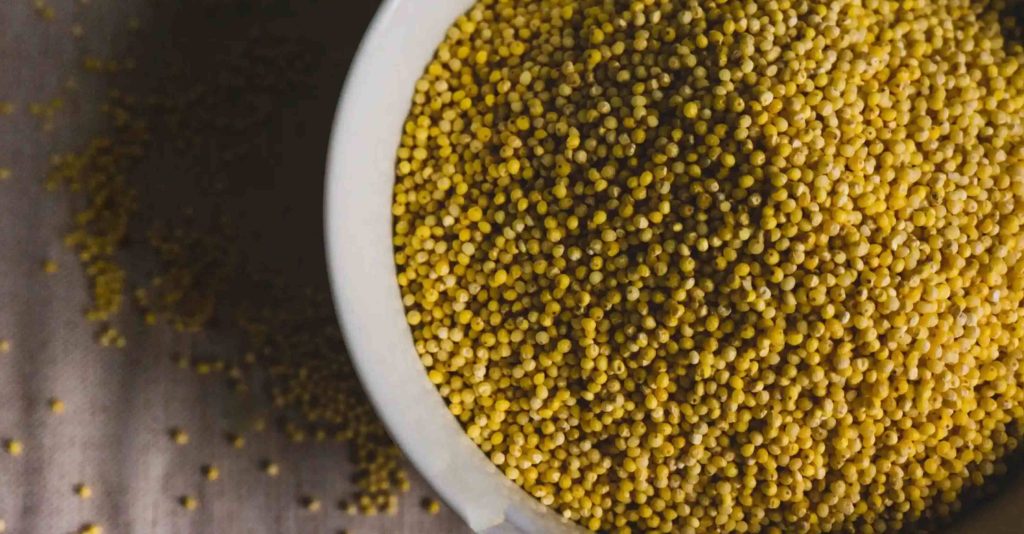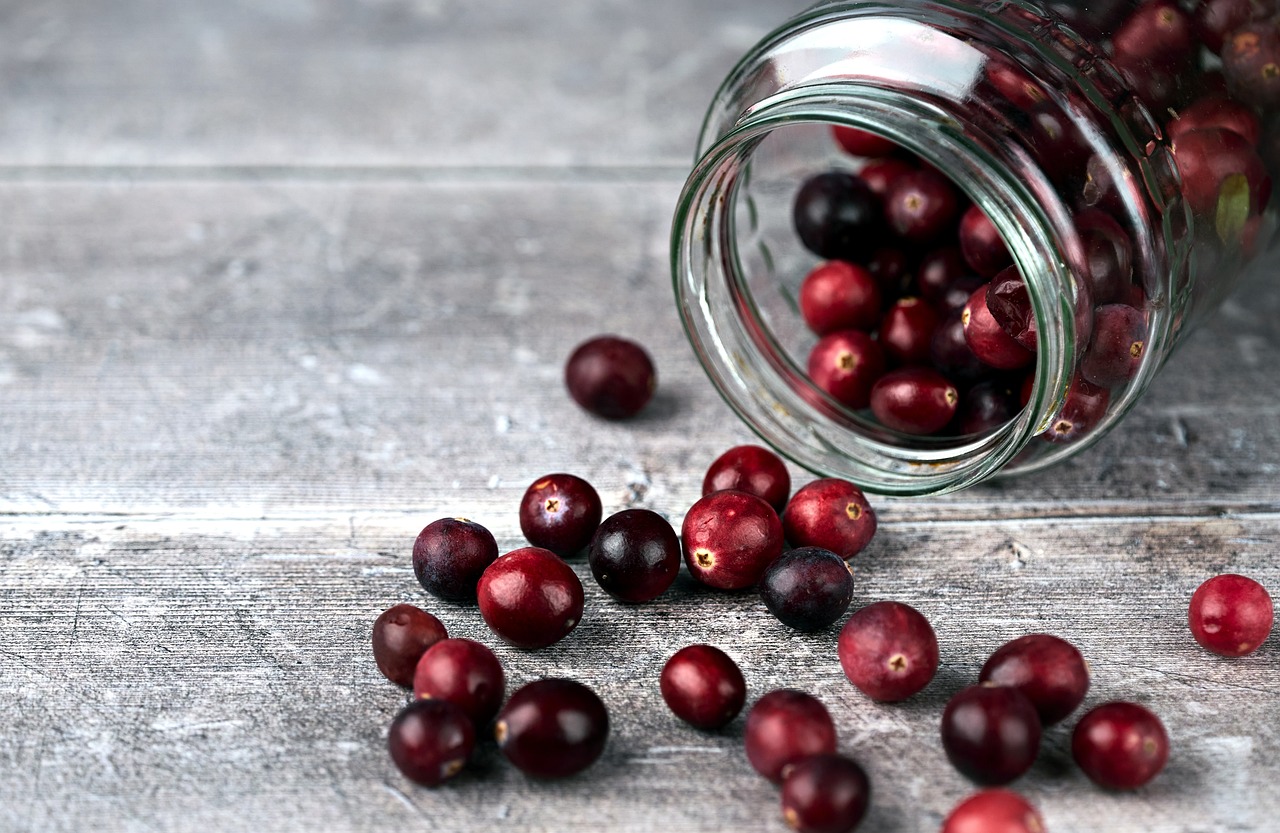I often get asked by my clients, “Why should I include millets in my diet?” and “Which millets are the best for me?” These are great questions, and I’m here to give you a detailed answer.
Millets are tiny but mighty grains, packed with nutrients that offer a ton of health benefits. Let’s dive into why these miracle grains deserve a place in your daily meals, and I’ll walk you through the specific benefits of five types of millets: Foxtail, Little, Kodo, Barnyard, and Browntop.
1. Foxtail Millet: The Bone-Strengthening Grain
Foxtail millet is one of the oldest cultivated millets, and it’s a true nutritional powerhouse.
Why It’s Great:
- Rich in Antioxidants: Foxtail millet is loaded with antioxidants like polyphenols and carotenoids. These substances help protect your cells from damage caused by free radicals, which can lead to chronic illnesses such as heart disease and cancer.
- Regulates Blood Sugar: If you’re managing diabetes or just trying to avoid sugar spikes, Foxtail millet is a great choice. It has a low glycemic index, meaning it releases sugar slowly into your bloodstream, keeping your energy levels stable.
- High in Dietary Fiber: This millet is excellent for digestion. Its high fibre content helps regulate bowel movements, prevent constipation, and support a healthy gut microbiome.
Did You Know?
Foxtail millet is also a fantastic source of magnesium and calcium, which are essential for maintaining strong bones. Including this millet in your diet can help prevent osteoporosis and keep your bones healthy as you age.
2. Little Millet: The Weight Watcher’s Friend
Little millet may be small in size, but it’s big on benefits, especially for those looking to manage their weight.
Why It’s Great:
- Supports Weight Management: Little millet is low in calories yet high in fiber, making it a perfect food if you’re trying to lose weight or maintain a healthy weight. The fiber helps you feel full longer, reducing the temptation to overeat.
- Packed with B Vitamins: This millet is rich in B vitamins, particularly niacin (B3), which plays a crucial role in converting food into energy and maintaining healthy skin, nerves, and digestion.
- Boosts Immune Function: Little millet contains zinc, a mineral that’s vital for a strong immune system. Regular consumption can help your body fight off infections more effectively.
Did You Know?
Little millet has natural detoxifying properties. It contains compounds that can help your body flush out heavy metals and other toxins, promoting overall health and well-being.
3. Kodo Millet: The Blood Sugar Balancer
Kodo millet is an ancient grain with a lot to offer, especially for those concerned about blood sugar levels.
Why It’s Great:
- Manages Blood Sugar: Kodo millet is another millet with a low glycemic index, making it excellent for keeping blood sugar levels steady. It’s especially beneficial for people with diabetes or those at risk of developing the condition.
- Anti-Inflammatory Benefits: This millet contains phenolic compounds that help reduce inflammation in the body. Chronic inflammation is linked to a variety of health issues, including heart disease and cancer, so eating anti-inflammatory foods like Kodo millet is a smart choice.
- Rich in Iron: Kodo millet is a great source of iron, which is essential for producing hemoglobin and preventing anemia. If you’re looking to boost your iron levels naturally, this millet is an excellent option.
Did You Know?
Kodo millet is gluten-free, making it an ideal choice for anyone with celiac disease or gluten intolerance. It’s a safe and nutritious alternative to wheat and other gluten-containing grains.
4. Barnyard Millet: The Protein Powerhouse
Barnyard millet is often overlooked, but it’s incredibly nutritious, particularly when it comes to protein.
Why It’s Great:
- High Protein Content: Barnyard millet is one of the highest protein millets available. It’s an excellent plant-based protein source, which is especially valuable for vegetarians and vegans who might struggle to get enough protein in their diets.
- Promotes Heart Health: This millet is high in magnesium, a mineral that plays a key role in maintaining a healthy heart. Magnesium helps relax blood vessels, reducing blood pressure and lowering the risk of heart disease.
- Supports Digestive Health: The high fiber content in Barnyard millet helps keep your digestive system running smoothly. It prevents constipation and supports the growth of healthy gut bacteria.
Did You Know?
Barnyard millet is also very low in calories. If you’re looking for a nutrient-dense, low-calorie food to help you lose or maintain weight, this millet is an excellent choice.
5. Browntop Millet: The Rare Gem
Browntop millet is one of the rarest types of millet, but its health benefits make it worth seeking out.
Why It’s Great:
- Rich in Essential Minerals: Browntop millet is packed with calcium, magnesium, and potassium, all of which are crucial for maintaining strong bones, healthy muscles, and proper nerve function.
- Detoxifies the Body: This millet is known for its detoxifying properties, particularly in supporting liver health. It helps flush out toxins, keeping your liver functioning optimally.
- Improves Respiratory Health: Traditionally, Browntop millet has been used to treat respiratory conditions like asthma and bronchitis. Its anti-inflammatory properties can help reduce symptoms and improve breathing.
Did You Know?
Browntop millet also plays a unique role in sustainable agriculture. It has the ability to rejuvenate the soil it’s grown in, improving soil fertility and supporting sustainable farming practices.
How to Add Millets to Your Diet?
Incorporating millets into your meals is easy and versatile. Here are some simple ideas to get you started:
- For Breakfast: Try a warm millet porridge or add cooked millets to your morning smoothie for an extra nutritional boost.
- For Lunch: Use millets as a base for salads, or swap out rice for millets in your favorite pilaf or stir-fry recipes.
- For Dinner: Millets can be a hearty addition to soups and stews, or serve them as a side dish to complement your main course.
General Advice:
- Moderation is Key: While millets are healthy, consuming them in moderation as part of a balanced diet is important to avoid potential side effects.
- Variety is Important: Incorporating a variety of grains in your diet can help minimize any risks associated with excessive consumption of a single type of millet.
- Proper Preparation: Soaking, fermenting, or cooking millets properly can reduce their phytic acid content, making the nutrients more bioavailable and easier to digest.
If you have specific health concerns, it’s always a good idea to consult with a healthcare provider or nutritionist before making significant changes to your diet.
Conclusion
Millets are more than just tiny grains—they’re nutritional powerhouses that can significantly boost your health. Whether you’re looking to manage your weight, keep your heart healthy, or improve your overall well-being, there’s a millet out there that’s perfect for you.
By adding Foxtail, Little, Kodo, Barnyard, and Browntop millets to your diet, you’re making a smart choice for your health and supporting sustainable farming practices at the same time.
So why not start today? Your body—and the planet—will thank you!
Do contact me so that I can let you know and guide you how to add these millets in your diet so that you can avail the maximum benefits of these.
FAQs About Millets
What are millets?
Millets are small-seeded grains that are packed with nutrients. They are gluten-free and have been a staple food in many parts of the world for centuries.
Why should I include millets in my diet?
Millets are rich in fiber, protein, vitamins, and minerals. They help in managing weight, controlling blood sugar, improving digestion, and supporting heart health.
Are millets good for people with diabetes?
Yes, millets like Foxtail and Kodo have a low glycemic index, making them excellent for managing blood sugar levels.
Can I eat millets if I’m gluten intolerant?
Absolutely! Millets are naturally gluten-free and a great alternative to wheat and other gluten-containing grains.
How can I cook with millets?
Millets can be used in porridges, salads, soups, stews, and as a rice substitute. They are versatile and can be included in many recipes.
Which millet is best for weight loss?
Little millet is particularly good for weight management due to its low calorie and high fiber content.
Can millets help improve bone health?
Yes, millets like Foxtail and Browntop are rich in calcium and magnesium, which are essential for strong bones.
Where can I buy millets?
Millets can be found in most grocery stores, health food stores, or online.
How often should I eat millets?
You can eat millets several times a week as part of a balanced diet.
Are there any side effects of eating millets?
Millets are generally safe, but eating them in very large amounts could interfere with thyroid function due to their goitrogenic properties. Moderation is key.









